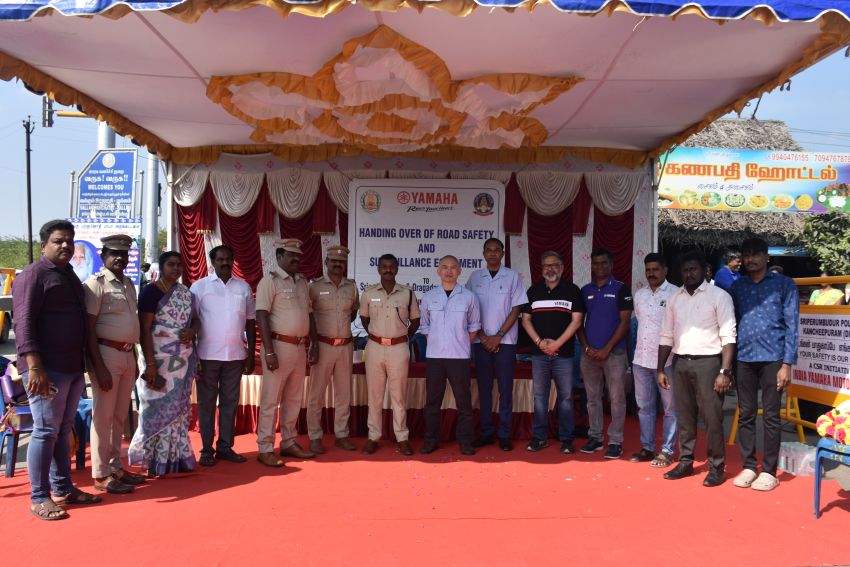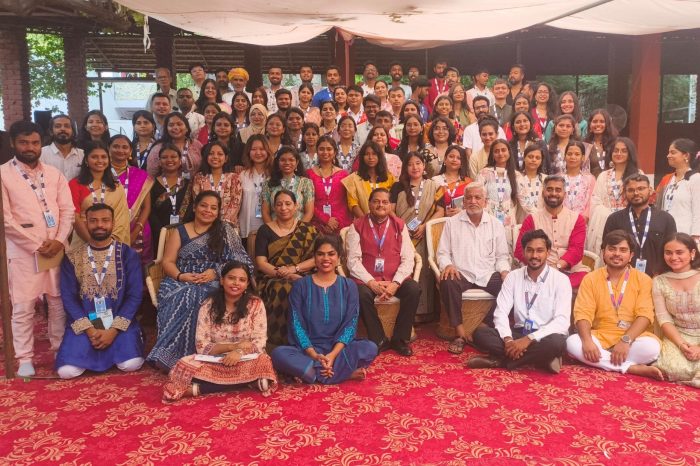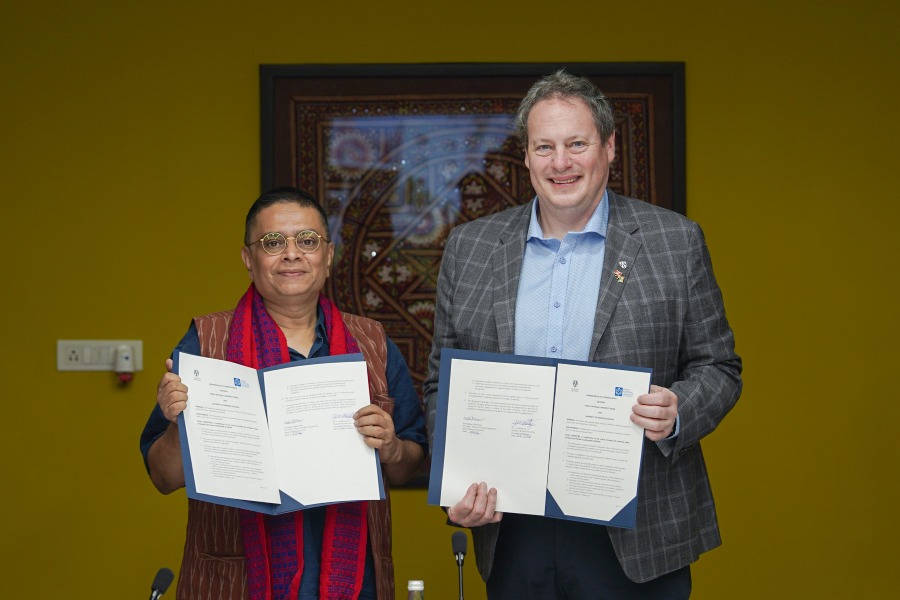Mumbai, October 26, 2023: Tata Motors, a prominent player in the Indian automobile industry, has unveiled its 9th Annual CSR Report. This report underlines Tata Motors' efforts over the past decade to address significant social issues in the domains of Health, Education, Employability, and Environment. These initiatives have positively impacted over 60 lakh lives, with a substantial portion of beneficiaries hailing from marginalized communities.
In 2014, Tata Motors adopted a comprehensive 4-pillar approach to streamline its CSR initiatives across the country. This approach harmonized programs, incorporated digital technologies, fostered partnerships with diverse stakeholders, and built trust within communities.
Mr. Vinod Kulkarni, Head of CSR at Tata Motors, said, “At Tata Motors, our CSR efforts are deeply rooted in our unwavering commitment to promote inclusive growth, thus contributing to nation-building. We are humbled to have positively impacted millions of lives through our efforts. In fact, several of our CSR ideas and programmes have grown to become marquee projects, worthy of being emulated as models for community development. Using the novel approach of ‘More for Less for More’, we have narrowed the gap between our aspirations and the available resources, achieving pan-India scale for numerous projects. Our commitment to advancing our CSR agenda remains steadfast, as we strive to create a more inclusive, equitable, and sustainable India. By meticulous planning and effectively utilising our financial and human resources, we aspire to make a progressively greater impact with each passing year.”
Some of the key projects in the areas of Health, Education, Employability, and Environment that have demonstrated notable success include:
- Tackling malnutrition through community-based interventions: Tata Motors has effectively addressed childhood malnutrition by shifting its focus from clinical approaches to community-based interventions.
- Empowering leprosy patients with early detection and care: Tata Motors has conducted door-to-door awareness campaigns for leprosy in hard-to-reach villages. This has led to the identification and treatment of over 4,000 leprosy patients.
- Bridging the educational gap through digital empowerment: Tata Motors' ENABLE program has enabled over 20,000 underprivileged students from remote areas to access resources for admission to top engineering and medical institutions. Support classes for students in government schools have also improved academic performance.
- Skilling unemployed youth for a brighter future: Tata Motors' LEAP program focuses on skilling unemployed youth, especially in Automotive courses, and has grown from 2 to 60 institutes. Approximately 85% of trainees have secured employment, contributing to their financial independence.
- Restoring and expanding rural and urban forest cover: Tata Motors has successfully planted nearly one million trees, aiming to plant an additional one million trees. Collaboration with the Forest Department and TERRE Policy Center has reforested urban forest land, supporting biodiversity preservation.
- Water security: Tata Motors initiated a project to create 100 Amrit Sarovars, enhancing water availability across districts.
















.jpg)



